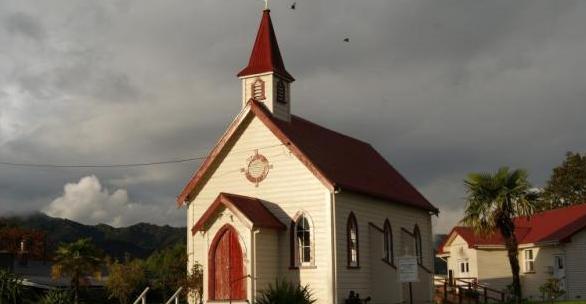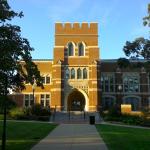The primary reason people give for going to church may surprise you: Good preaching and teaching.

At least, that’s what Gallup found in a recent poll (March 2017).
The poll listed common activities of church, asking respondents whether they rank as a major factor, a minor factor, or not a factor, in their reason for attending church or other place of worship.
Sermons and teaching ranks highest in importance. 76% said it was a major factor, whereas music (“good choir, praise band, cantor, or other spiritual music”) ranks last in importance. Only 38% said music was a major factor). Also perhaps surprisingly, only 49% said that “social activities that allow you to get to know people in your community” was a major factor in why they attend church.
Not surprisingly, Protestants ranked the importance of preaching higher than did Catholics. The importance of preaching is in the DNA of Protestants. Nonetheless, Catholics still ranked sermons highest in importance of all the factors, but at a lower level (between 62-67%) than Protestants (between 80-83%).
A recent article reflects on that Gallup poll finding. The author asks why many churches spend so much time and energy on the musical aspect of church worship, if what people really come to church for is the preaching and teaching?
I suspect the answer to that might be something like: Surrounding the sermon with music enhances the experience and creates a more engaging environment for the teaching to be heard. So even if the sermon is much higher in importance than the music, the teaching would lose some luster without the music to support it.
In any case, the results of this poll surprised me somewhat, but not overly. Years ago I took an informal, very unscientific poll, asking friends what part of the church experience means the most to them. Most of them said the preaching and teaching.
As a seminary professor, I sometimes hear that preaching isn’t really needed anymore. Many students seem much more interested in other aspects of seminary education: leadership skills, change-agency, cultural engagement, theology, social justice, etc.
I don’t blame them. Frankly, each of those things seems more important to me than learning how to preach or teach. And theoretically, the more you learn about theology, Bible, culture, ethics, social justice concerns, (etc.), the better your preaching and teaching should be, anyway. But if seminaries under-emphasize the basic skills of communication, both preaching and teaching in our curricula, we do our churches and their congregants a disservice.
I heard a fantastic Easter sermon at my church last Sunday. Our pastor compared the Christian hope in the resurrection to technological attempts to extend life and defy death. A theology of Christian resurrection expects death to arrive, but holds out hope that, the “morning after,” death will not have the final say.
Technological and scientific efforts to defy death and create immortality on their own strength will likely end in failure–and will probably serve to further frustrate life by not accepting death as a reality.
I’ve been thinking about that sermon on and off all week. The sermon works for me as a timely illustration for why people rank preaching and teaching at the top of the list.
So yes, people still go to church for the preaching and teaching. But everyone knows that fewer and fewer people attend church services these days. Better preaching–or more good preaching–isn’t going to turn that tide, but it’d be worth giving it a shot anyway.















